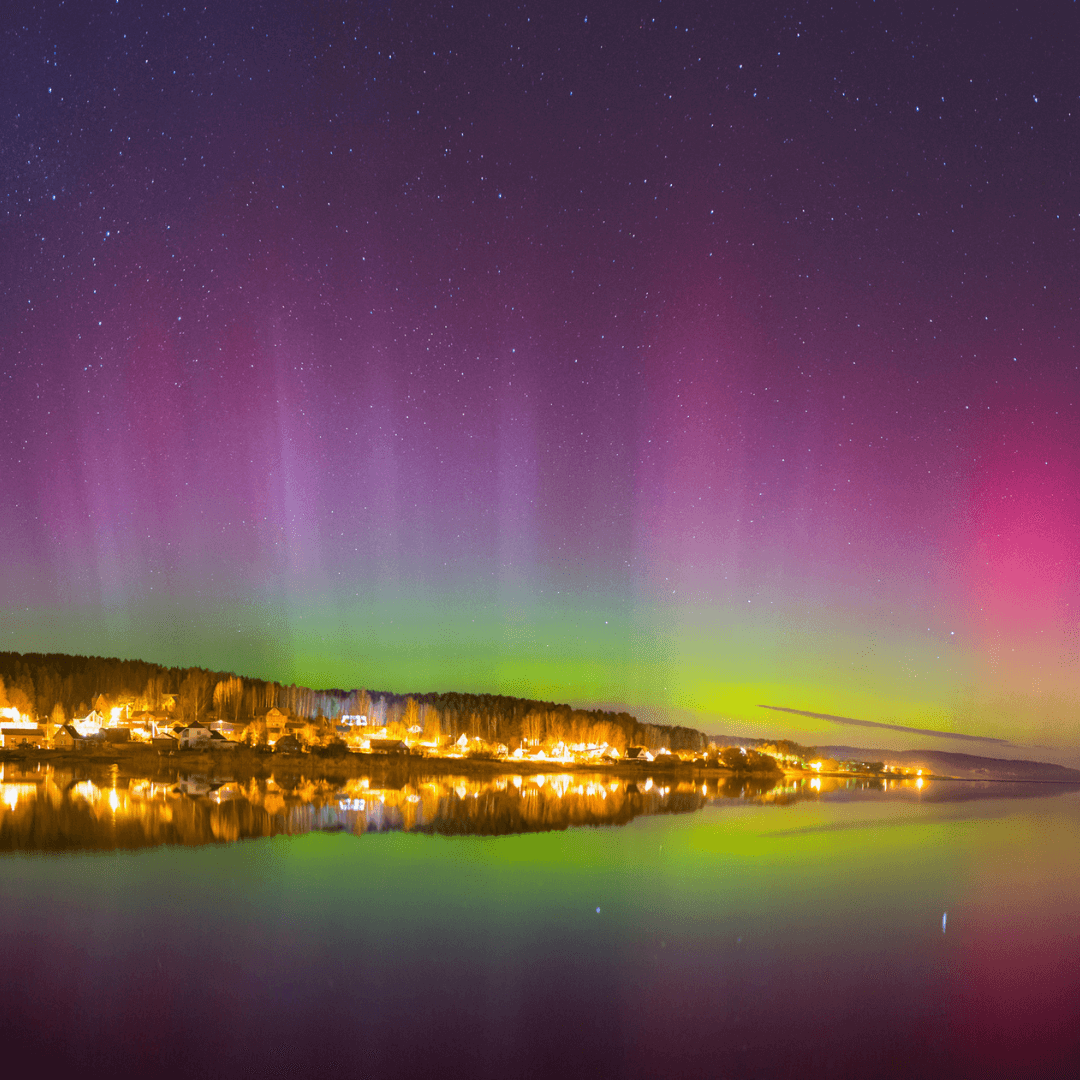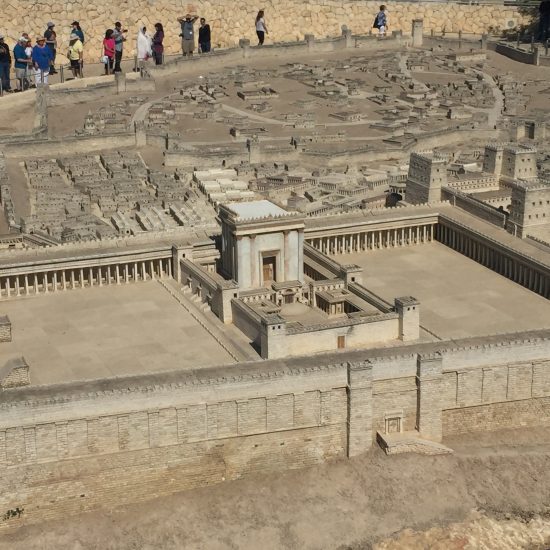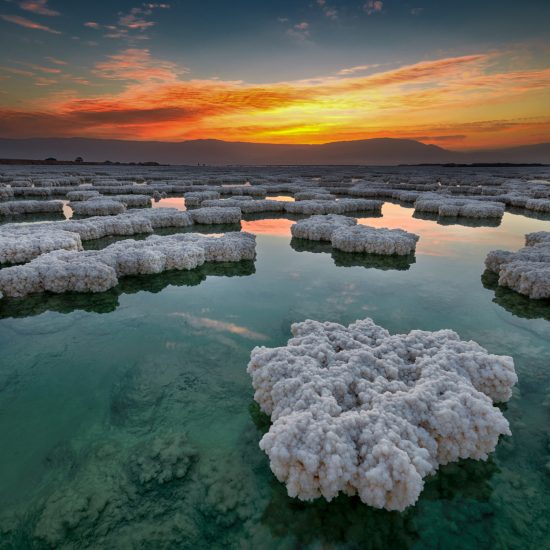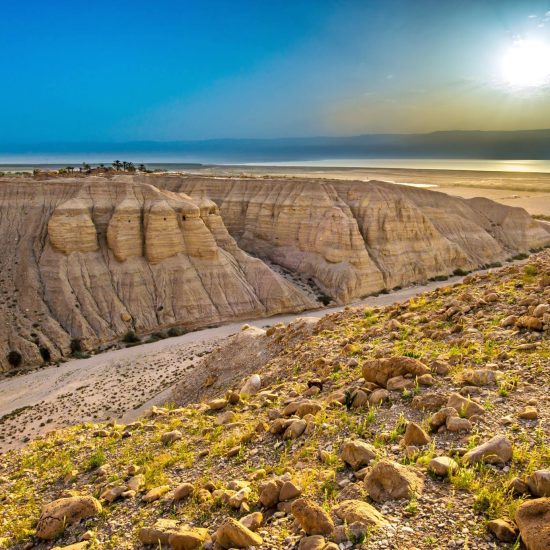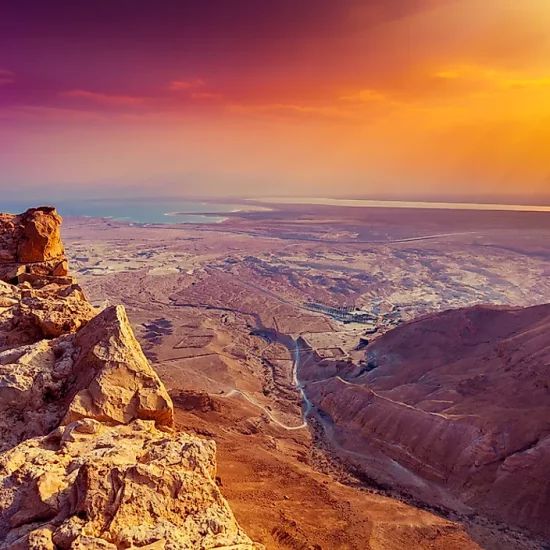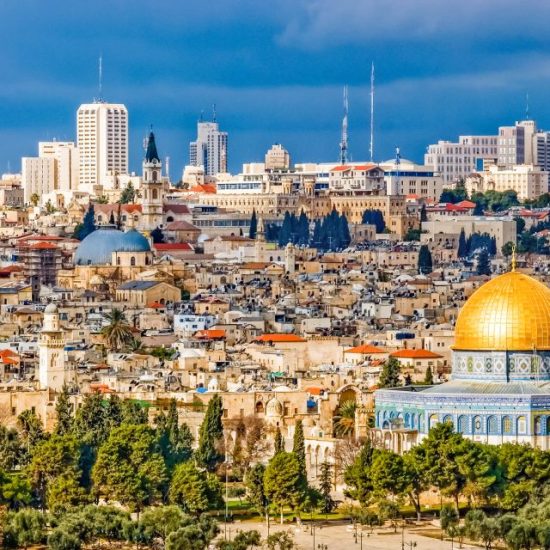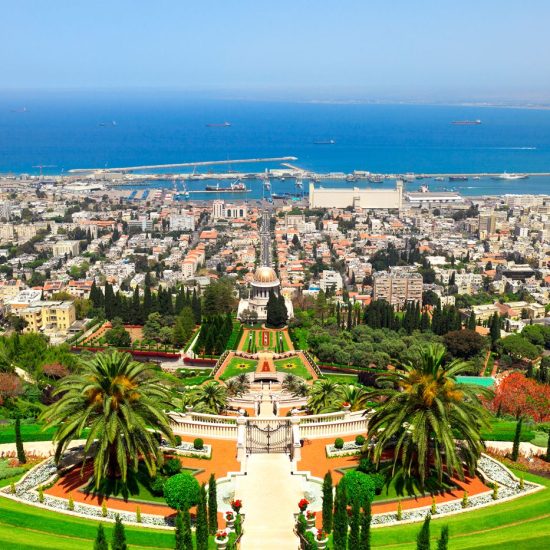Israel – A Charming Holiday with Jerusalem & Dead Sea
₹252000 per person
Israel, officially the State of Israel, is a country in West Asia. It is bordered by Lebanon to the north, by Syria to the northeast, by Jordan to the east, by the Red Sea to the south, by Egypt to the southwest, by the Mediterranean Sea to the west, and by the Palestinian territories – the West Bank along the east and the Gaza Strip along the southwest. Tel Aviv is the economic and technological center of the country, while its seat of government is in its proclaimed capital of Jerusalem, although Israeli sovereignty over East Jerusalem is unrecognized internationally.
Israel is located in the Levant area of the Fertile Crescent region. The country is at the eastern end of the Mediterranean Sea, bounded by Lebanon to the north, Syria to the northeast, Jordan and the West Bank to the east, and Egypt and the Gaza Strip to the southwest.
Despite its small size, Israel is home to a variety of geographic features, from the Negev desert in the south to the inland fertile Jezreel Valley, mountain ranges of the Galilee, Carmel and toward the Golan in the north. The Israeli coastal plain on the shores of the Mediterranean is home to most of the nation’s population. East of the central highlands lies the Jordan Rift Valley, which forms a small part of the 6,500-kilometer (4,039 mi) Great Rift Valley. The Jordan River runs along the Jordan Rift Valley, from Mount Hermon through the Hulah Valley and the Sea of Galilee to the Dead Sea, the lowest point on the surface of the Earth. Further south is the Arabah, ending with the Gulf of Eilat, part of the Red Sea. Makhtesh, or “erosion cirques” are unique to the Negev and the Sinai Peninsula, the largest being the Makhtesh Ramon at 38 km in length. A report on the environmental status of the Mediterranean Basin states that Israel has the largest number of plant species per square meter of all the countries in the basin. Israel contains four terrestrial ecoregions: Eastern Mediterranean conifer-sclerophyllous-broadleaf forests, Southern Anatolian montane conifer and deciduous forests, Arabian Desert, and Mesopotamian shrub desert. It had a 2019 Forest Landscape Integrity Index mean score of 4.14/10, ranking it 135th globally out of 172 countries.
Israel’s development of cutting-edge technologies in software, communications and the life sciences have evoked comparisons with Silicon Valley. Israel is first in the world in expenditure on research and development as a percentage of GDP. It is ranked sixteenth in the Global Innovation Index in 2022, down from tenth in 2019 and fifth in the 2019 Bloomberg Innovation Index. Israel has 140 scientists, technicians, and engineers per 10,000 employees, the highest number in the world, for comparison the U.S. has 85 per 100,000. Israel has produced six Nobel Prize-winning scientists since 2004 and has been frequently ranked as one of the countries with the highest ratios of scientific papers per capita in the world. Israel has led the world in stem-cell research papers per capita since 2000. Israeli universities are ranked among the top 50 world universities in computer science (Technion and Tel Aviv University), mathematics (Hebrew University of Jerusalem) and chemistry (Weizmann Institute of Science).
In 2012, Israel was ranked ninth in the world by the Futron’s Space Competitiveness Index. The Israel Space Agency coordinates all Israeli space research programmes with scientific and commercial goals, and have indigenously designed and built at least 13 commercial, research and spy satellites. Some of Israel’s satellites are ranked among the world’s most advanced space systems. Shavit is a space launch vehicle produced by Israel to launch small satellites into low Earth orbit. It was first launched in 1988, making Israel the eighth nation to have a space launch capability. In 2003, Ilan Ramon became Israel’s first astronaut, serving as payload specialist of STS-107, the fatal mission of the Space Shuttle Columbia
The ongoing shortage of water in the country has spurred innovation in water conservation techniques, and a substantial agricultural modernization, drip irrigation, was invented in Israel. Israel is also at the technological forefront of desalination and water recycling. The Sorek desalination plant is the largest seawater reverse osmosis (SWRO) desalination facility in the world. By 2014, Israel’s desalination programmes provided roughly 35% of Israel’s drinking water and it is expected to supply 40% by 2015 and 70% by 2050. As of 2015, more than 50 percent of the water for Israeli households, agriculture and industry is artificially produced. The country hosts an annual Water Technology and Environmental Control Exhibition & Conference (WATEC) that attracts thousands of people from across the world. In 2011, Israel’s water technology industry was worth around $2 billion a year with annual exports of products and services in the tens of millions of dollars. As a result of innovations in reverse osmosis technology, Israel is set to become a net exporter of water in the coming years.
Israel has embraced solar energy; its engineers are on the cutting edge of solar energy technology and its solar companies work on projects around the world. Over 90% of Israeli homes use solar energy for hot water, the highest per capita in the world. According to government figures, the country saves 8% of its electricity consumption per year because of its solar energy use in heating. The high annual incident solar irradiance at its geographic latitude creates ideal conditions for what is an internationally renowned solar research and development industry in the Negev Desert.
-
Departure
8 Nights / 9 Days -
Departure Time
November to April -
Return Time
Tel Aviv, Galilee, Jerusalem -
Dress Code
TVS Classic
Day 01 - Arrival Ben Gurion Airport - Jerusalem
Day 02 - Mt. of Olives / Old City / Bethlehem
Day 03 - Israel Museum / Knesset / Mt. Herzl / Yad Vashem
Day 04 - Qumran / Masada / Dead Sea
Day 05 - Day at leisure
Day 06 - Caesarea / Megiddo / Druze village / Haifa
Day 07 - Safed / Katzrin / Golan winery
Day 08 - Sea of Galilee / Nazareth / Beit Alpha
Day 09 - Departure Tel Aviv - Ben Gurion Airport
Tour Location
Leave a Reply
- Sharing transfer on arrival and departure (from/to Ben Gurion Airport)
- Assistance at the airport upon arrival
- 8 nights’ accommodation on BED & BREAKFAST basis except Kibbutz Lavi on HALF BOARD BASIS
- 6 touring days as per itinerary, with English speaking guide
- Dinner in Jerusalem followed by a Sound and Light show at David Citadel
- Lunch at a Druze village
- Entrance fees to the sites visited as per itinerary
- International & Domestic Airfare
- GST 5% on Final Billing
- TCS 5% or 20% as per Government Norms
- Optional Tours & Extra Transfers other than itinerary
- Tourist Visa
- Travel & Medical Insurance
- Meals other than what is mentioned - lunches, dinners, snacks, drinks, etc.
- Services of Guide unless specified.
- Entrance Fees for Monument & Museums, National Parks etc.


